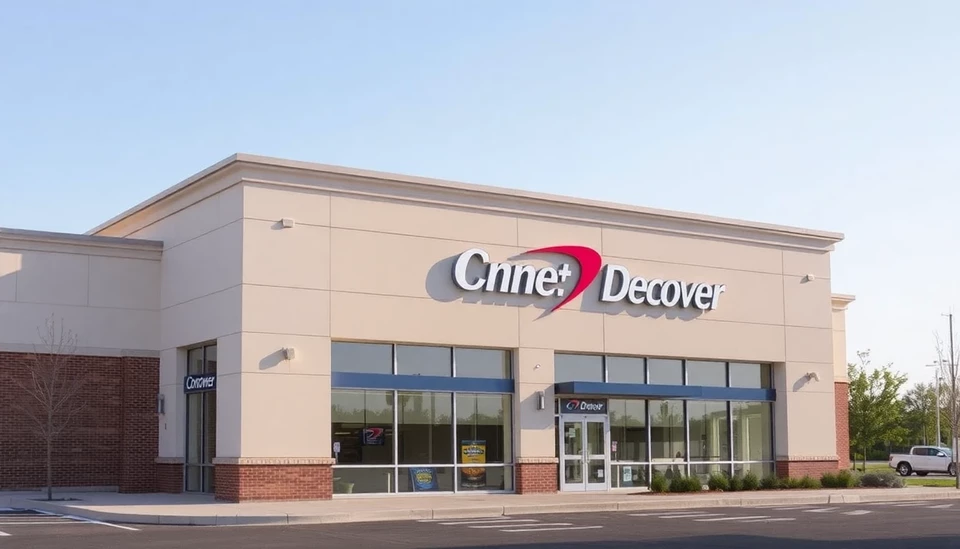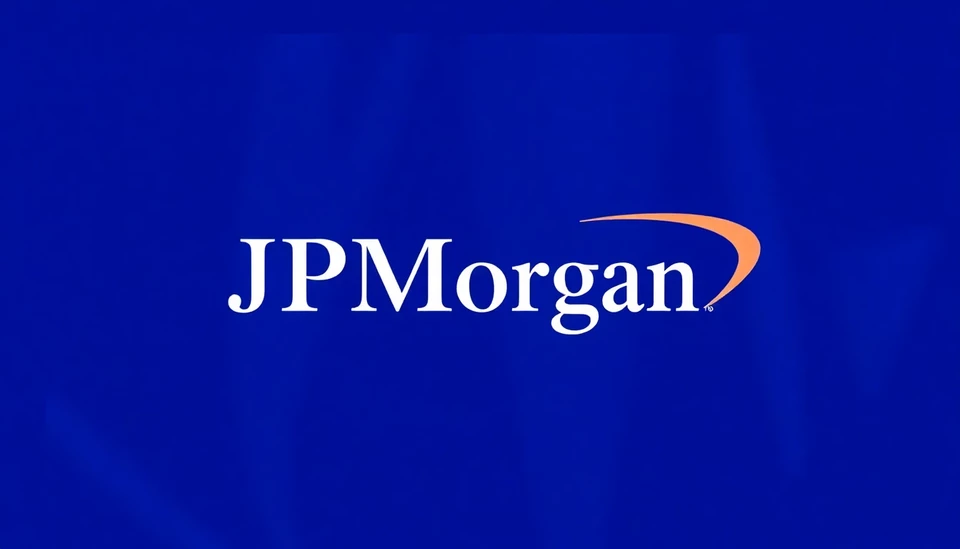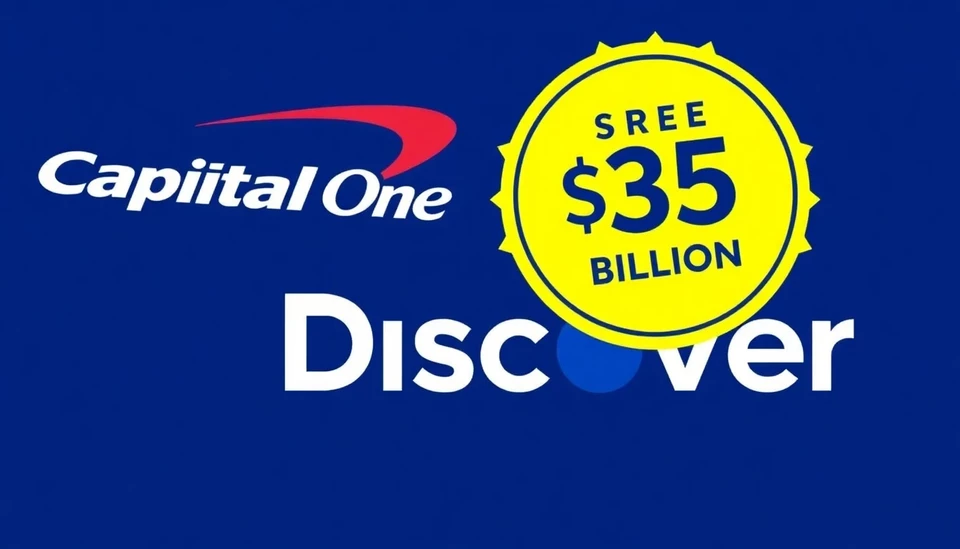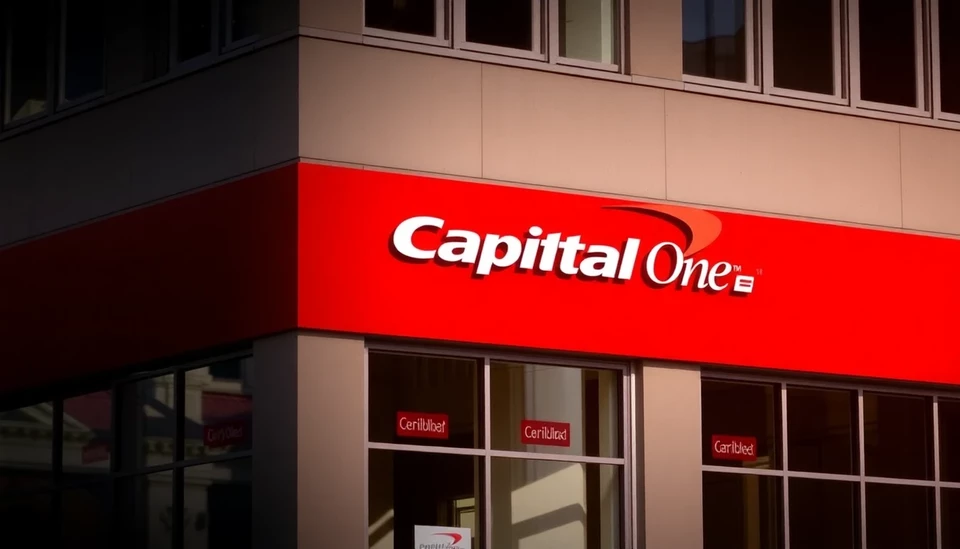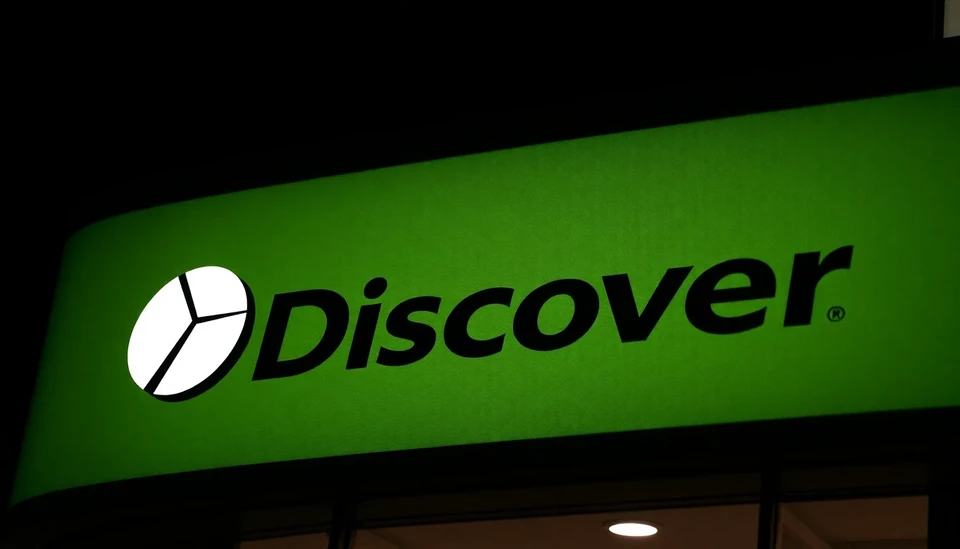
In a significant development in the financial sector, Capital One has successfully obtained regulatory approval for its acquisition of Discover Financial Services. This major deal, which is anticipated to reshape the landscape of credit card and banking services in the United States, received the thumbs-up from US regulators, setting the stage for the two companies to merge their operations.
The approval from agencies including the Federal Reserve and the Office of the Comptroller of the Currency (OCC) comes after a thorough review process that assessed the potential impact of the merger on competition, consumer choice, and financial stability within the banking industry. The deal, valued at approximately $18 billion, represents one of the largest mergers within the sector in recent years.
As Capital One, a leading player in the credit card market, integrates Discover's assets and customer base, analysts predict a robust enhancement in their combined prowess. The merger is expected to create a wider array of products and services for consumers, leveraging both companies' strengths in technology and customer service.
Industry experts note that the deal is particularly significant in the context of a marketplace that is increasingly competitive. With technological advancements and evolving consumer preferences, both Capital One and Discover have been looking to bolster their offerings to secure a larger market share. This merger aligns with those goals, allowing for streamlined operations and optimized product delivery.
However, the approval was not without its concerns. Some consumer advocacy groups expressed apprehension regarding the merger's implications for consumer choice and competitive pricing in the credit card market. They argue that the consolidation of such large entities could lead to a reduction in competition, potentially resulting in higher fees and less favorable terms for consumers. Regulators assured the public that they will closely monitor the merged entity to alleviate any potential adverse effects.
Beyond the immediate implications for consumers, the merger is also poised to influence the broader financial landscape. Analysts suggest that it could lead to a wave of additional mergers and acquisitions as smaller players either seek to consolidate their positions or exit the market entirely in the face of increasing competition from larger entities. This could set off a chain reaction, transforming the dynamics of the industry even further.
In conclusion, the approval of Capital One's acquisition of Discover signals a pivotal moment in the financial sector, one that could lead to significant changes in how services are delivered to consumers. As the merger progresses, all eyes will be on the regulatory bodies to ensure that the interests of consumers remain a priority while navigating this new corporate landscape.
Stay tuned for updates as this story develops!
#CapitalOne #Discover #Merger #FinanceNews #RegulatoryApproval #BankingIndustry #CreditCards #FinancialServices
Author: Victoria Adams
